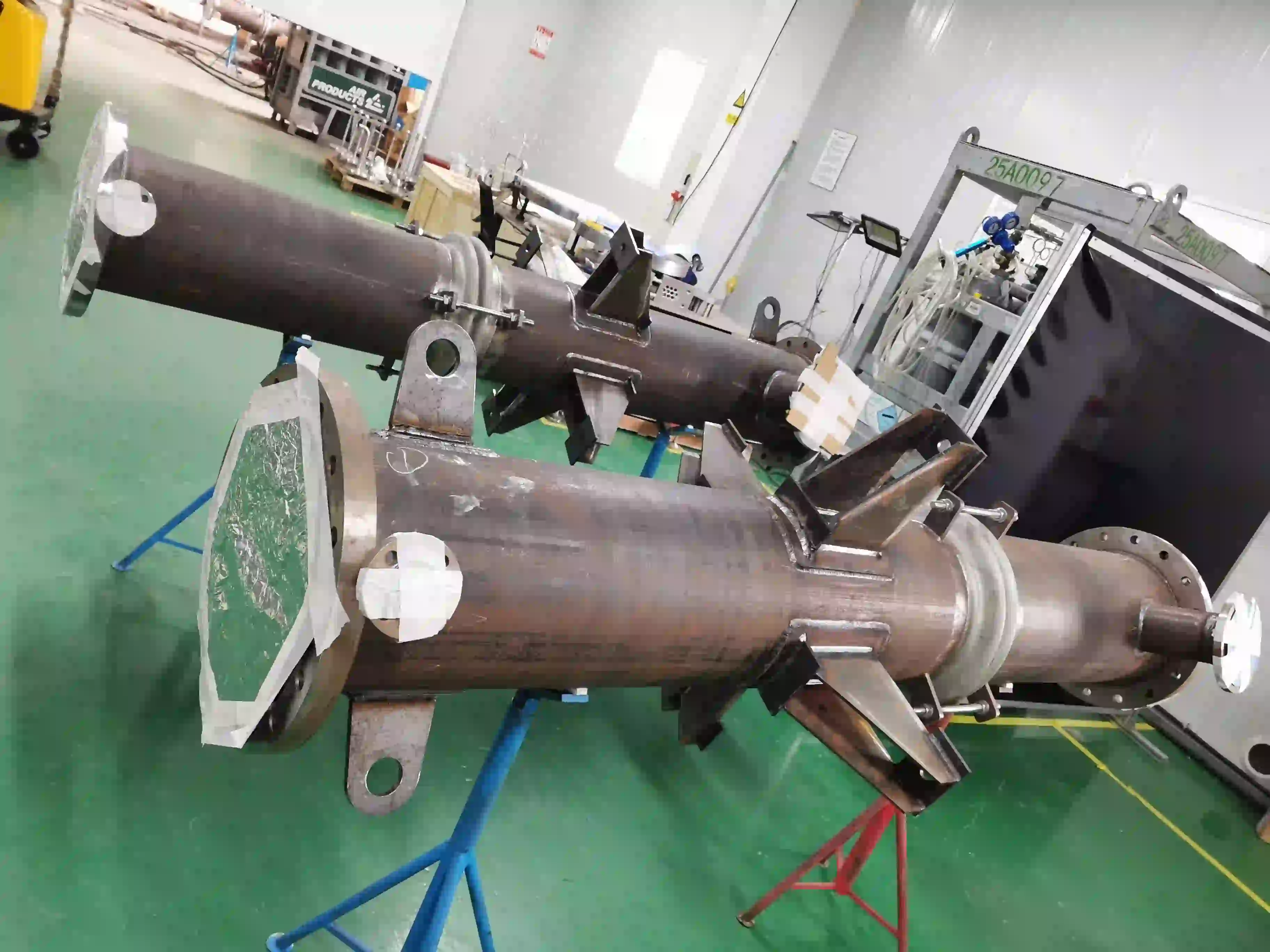Planning a two-week road trip can be an exhilarating experience, filled with the promise of adventure, exploration, and unforgettable memories. However, one of the most crucial aspects of this journey is understanding the associated costs. In this article, we will break down the various expenses you can expect on a two-week road trip, providing you with a detailed framework to budget effectively.
- Fuel Costs: The Lifeblood of Your Journey
Fuel is often one of the most significant expenses on a road trip. The total cost will depend on several factors, including your vehicle's fuel efficiency, the distance you plan to travel, and current gas prices.
- Calculating Fuel Costs:
- Distance: First, determine the total distance of your trip. For example, if you plan to travel 2,000 miles over two weeks, this will be your starting point.
- Fuel Efficiency: Next, consider your vehicle's miles per gallon (MPG). For instance, if your car averages 25 MPG, you will need approximately 80 gallons of fuel for the trip (2,000 miles ÷ 25 MPG).
- Gas Prices: Finally, multiply the number of gallons by the average gas price. If gas costs $3.50 per gallon, your fuel cost would be around $280 (80 gallons × $3.50).
- Accommodation: Finding Your Home on the Road
Accommodation costs can vary widely based on your preferences. Whether you choose hotels, motels, camping, or vacation rentals, your lodging will significantly impact your budget.
- Hotel Costs: On average, hotel prices can range from $100 to $200 per night, depending on the location and amenities. For a two-week trip, this could total between $1,400 and $2,800.
- Camping: If you opt for camping, costs can be significantly lower, averaging around $20 to $50 per night. This would bring your total to approximately $280 to $700 for the entire trip.
- Alternative Lodging: Platforms like Airbnb or vacation rentals can offer a middle ground, with prices typically ranging from $75 to $150 per night.
- Food and Dining: Fueling Your Adventure
Food expenses can also vary based on your dining choices. Eating out for every meal can quickly add up, while cooking your meals can save you money.
- Dining Out: If you plan to eat out for three meals a day, budget around $10 to $15 for breakfast, $15 to $20 for lunch, and $20 to $30 for dinner. This could total approximately $60 to $65 per day, or $840 to $910 for two weeks.
- Cooking: If you have access to a kitchen or plan to grill, your grocery bill might be around $10 to $15 per day, totaling $140 to $210 for the trip.
- Activities and Entertainment: Making Memories
The cost of activities and entertainment will depend on your interests and the destinations you choose.
- Attractions: Entrance fees for national parks, museums, or other attractions can range from $10 to $30 per person. If you plan to visit several attractions, budget around $200 to $400 for the trip.
- Outdoor Activities: If you enjoy outdoor activities like hiking, kayaking, or biking, consider any rental fees or guided tours, which could add another $100 to $300 to your budget.
- Miscellaneous Expenses: The Unexpected Costs
It’s essential to account for miscellaneous expenses that may arise during your road trip.
- Tolls and Parking: Depending on your route, tolls can add up. Budget around $50 to $100 for tolls and parking fees.
- Emergency Fund: Setting aside an emergency fund of $100 to $300 for unexpected repairs or medical expenses is wise.
Total Estimated Costs: Putting It All Together
Now that we’ve broken down the various components, let’s summarize the estimated costs for a two-week road trip:
- Fuel: $280
- Accommodation: $280 (camping) to $2,800 (hotels)
- Food: $140 (cooking) to $910 (dining out)
- Activities: $200 to $400
- Miscellaneous: $150 to $400
Total Estimated Cost:
- Budget Option: Approximately $1,050 (camping, cooking, minimal activities)
- Mid-Range Option: Approximately $2,500 (mix of hotels and dining out)
- Luxury Option: Approximately $4,800 (high-end hotels, dining, and activities)
Conclusion: Plan Smart for Your Road Trip Adventure
Understanding the costs associated with a two-week road trip is crucial for effective budgeting and ensuring a stress-free experience. By breaking down your expenses into categories and planning accordingly, you can enjoy your adventure without financial worries. Remember, the key to a successful road trip lies not only in the destinations you visit but also in the memories you create along the way. Happy travels!

